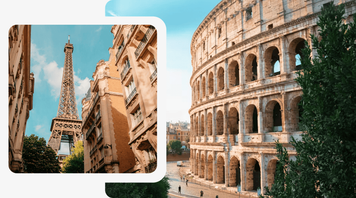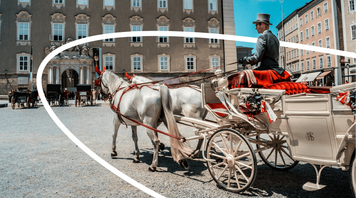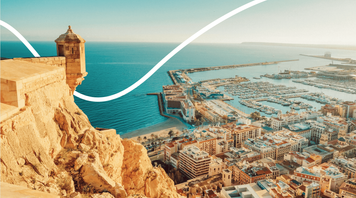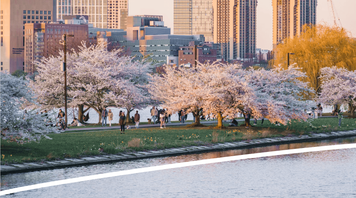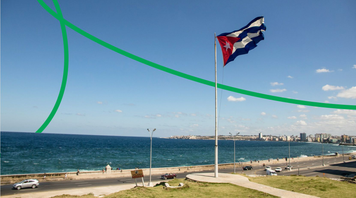
Victor Hugo's Parisian journey
- travel
- Paris
- adventure
- Victor Hugo's
- local guide
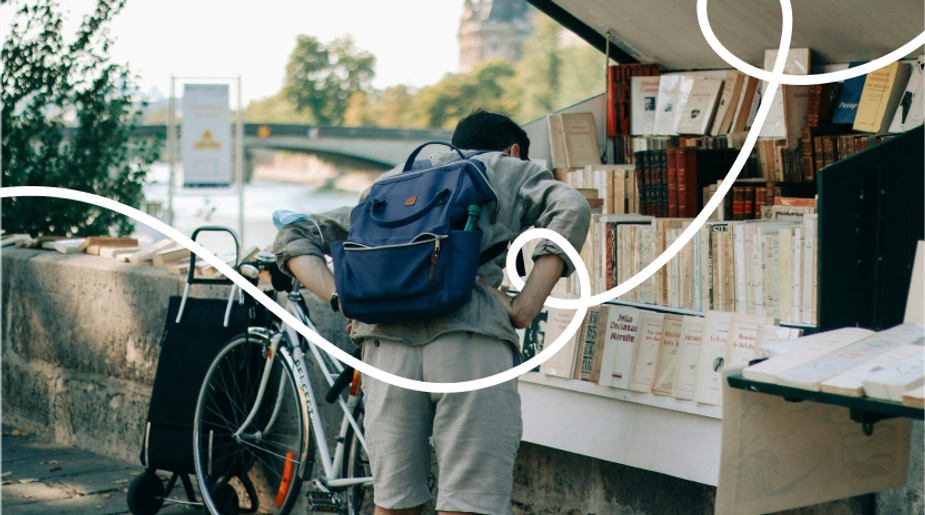
Victor Hugo's monumental novel, "Les Misérables," not only tells a captivating story but also paints a vivid picture of 19th-century France. His Paris, with its slums and majestic cathedrals, became an integral part of the narrative. For all fans of this work, a journey to the places that inspired Hugo will be an unforgettable adventure!
Paris: A city of contrasts

Montmartre: It was here, on the hill of Montmartre, that the slums where Cosette lived were located. Today, it is one of the most picturesque districts of Paris, with narrow streets, whitewashed houses, and the famous Sacré-Coeur Basilica. Hugo could have used this district to highlight the contrasts between poverty and art, between misery and inspiration

The Luxembourg Gardens: A beloved Parisian retreat, situated in the heart of the Latin Quarter, offers visitors a serene escape from the city bustle. This magnificent 26-hectare park is a masterpiece of landscape design and a historical landmark. It's the very park where the characters of Victor Hugo's "Les Misérables" strolled
Saint-Sulpice Church: While not as frequented as some of Paris's other religious sites, the classic white stone Church of Saint-Sulpice is certainly worth a visit for those who appreciate literature, science, music, and art. It was here that Victor Hugo was married and where Marius, from Les Misérables, had a life-changing encounter with Monsieur Mabœuf that illuminated his father's past and inspired him to join the revolutionaries
Paris sewers: Hugo vividly described the Paris sewers as a refuge for the city's poor and a venue for secret meetings. While the modern Parisian sewer system has undergone significant modernization, a walk through its historic sections can still leave a lasting impression

Notre Dame Cathedral: This majestic cathedral, frequently mentioned in the novel, is one of the most recognizable symbols of Paris. Its Gothic architectural elements and rich history create an atmosphere of mystery and grandeur. The cathedral is not only an architectural masterpiece but also embodies spirituality, history, and timeless values
Outside Paris
Digne les bains: A small town in southern France where Jean Valjean encounters Bishop Myriel, who becomes a symbol of mercy and forgiveness for him. This city became the place of Jean Valjean's spiritual rebirth. Here he encountered kindness and compassion, which contrasted sharply with the cruelty he had previously experienced. Digne has retained its provincial charm and offers visitors the opportunity to immerse themselves in the atmosphere of the 19th century

Montreuil-sur-Mer: It was in this seaside town that Jean Valjean and Cosette finally found their long-awaited happiness. Today, Montreuil-sur-Mer is a popular resort with sandy beaches and picturesque landscapes
Museums and exhibitions
Victor Hugo Museum: Located in Paris, the museum is dedicated to the life and work of the great writer. Here, on Place des Vosges, the great French writer spent 16 years of his life, from 1832 to 1848. It was in these rooms that his most famous works were born, including "Les Misérables"

The Paris Sewer Museum: This unique museum offers visitors the opportunity to learn more about the history and operation of Paris's sewage system
In conclusion
Each place described by Hugo possesses its own unique atmosphere and preserves echoes of the past. Montmartre with its slums and cabarets, the Notre Dame Cathedral, both majestic and mysterious, the sewers, concealing the city's secrets - all of these come alive in our memory when we read the novel or visit these places
For those seeking personalized experiences, FindGuide provides a platform to connect with knowledgeable guides, offering a deeper understanding of the historical and cultural significance of Victor Gugo


